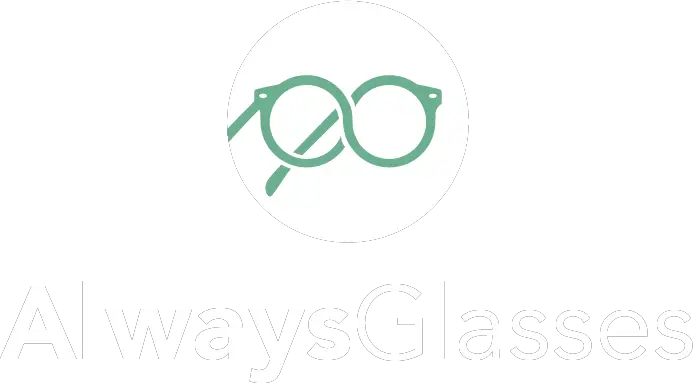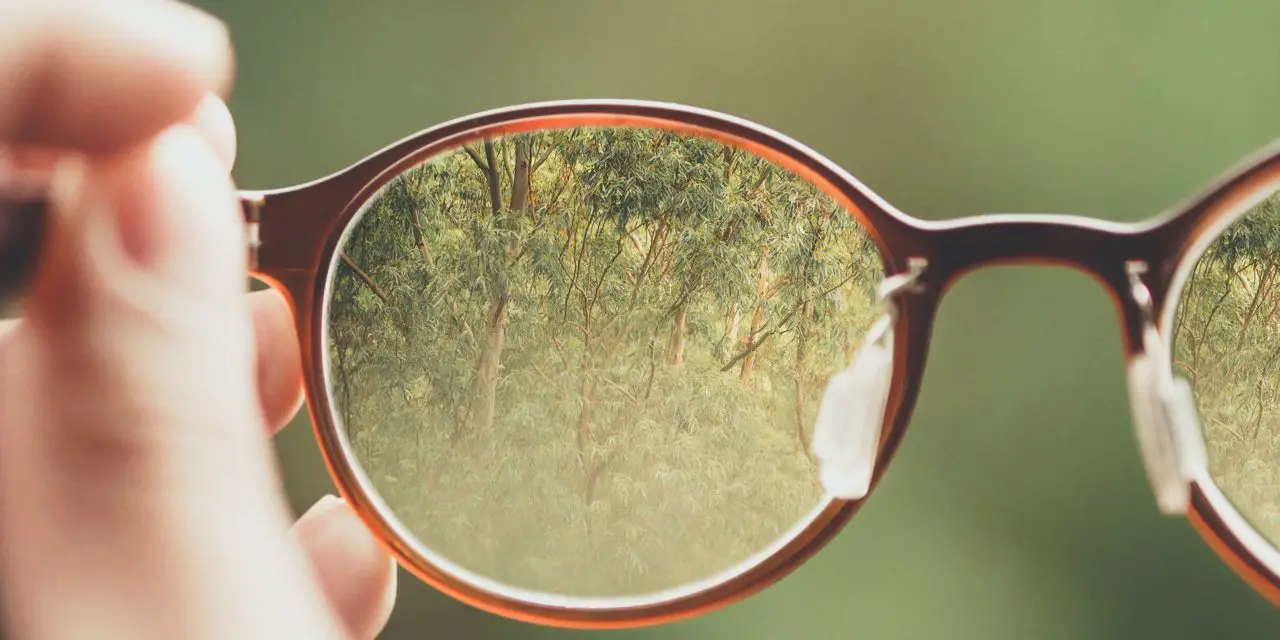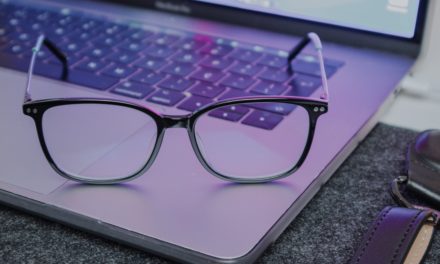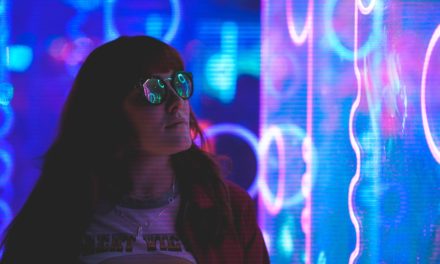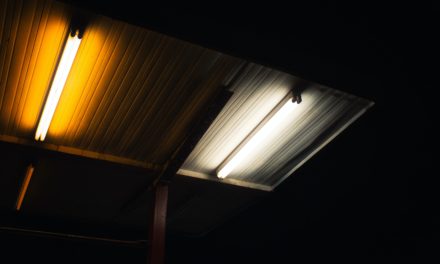In our day and age, it is common to be glued to one screen or another right before bedtime. Unfortunately, this can do damage to our sleep cycles. But not all blue light glasses are created equal: should you get ones with an orange or blue tint?
The best blue light glasses have an orange color tint. But those who dislike the look of a heavily-tinted lens can still reap some benefits from clear blue light glasses.
So which blue light glasses are the right choice for you? Stay put. We’ll take a look at your options together. In this article, we break down the differences between orange and clear blue light glasses to help you find the best pair possible. All before you even think about dropping a cent.
What Color is Best for Blue Light Blocking Glasses?
We know that blue light glasses can help all of us screen addicts to prevent insomnia and other sleep issues. But the market seems to be flooded with a billion different options. What color lens is best?
While clear lenses may look more attractive, darker lenses with an orange or similar tint provide the most protection from the adverse effects of blue light. The lighter tint of a clear lens gives less protection against sleep-disrupting blue light.
New York Magazine explains that many blue light glasses should list the percent of blue light block on their packaging.
Typically, darker lenses have the highest percentage of blue light blocks. But some clear lenses with subtler tints still have a good degree of protection.
Do Blue Light Blocking Glasses Have to Be Orange?
We know that blue light glasses work best to prevent sleep issues if they have a dark orange tint. But does that mean they have to be exclusively orange to work?
Ophthalmologist Kara Hartl, MD, has been researching this topic for over ten years. She tells NBC News that for blue light glasses to do anything for your sleep, they need to be yellow.
They can also be shades of orange, amber, and other warm colors. But you can still reap some benefits from a clear lens, as mentioned above.
Warm-colored lenses like orange lenses are more effective because they let through similar tones of light while blocking out harmful blue light.
Dark lenses are best if using your blue light blocking glasses at night. But if you plan on wearing them all day, you will want to go with something fainter.
Dr. William T. Reynolds is President of the American Ophthalmology Association. He tells The New York Times that orange lenses are not a good choice for a person who intends to wear blue light glasses at times other than at night.
In this case, a clear lens with less of a tint is preferable. Our eyes still need some blue light during the day for optimal health. We can maintain our circadian rhythm by blocking out blue light after dark, which should be the main goal.
How Can I Tell If My Glasses Are Blue Light Block?
When it comes to applications of various tints and filters, most lenses do not have to follow the same criteria.
According to neuroscientist Dr. Steven Lockley, there is no easy way of knowing for sure how much blue light your lenses block or even if they block any at all.
Various apps and websites claim to provide tests that determine the level of blue light block. But the best way to tell if your glasses block blue light sufficiently is to purchase a pair and try them out.
It is unfortunate there are not any tried and true ways to discover the effectiveness of a blue light filtering lens. But if you’re ready to try a pair out for yourself, what should you be looking for?
What Blue Light Glasses Work Best?
Dr. Michael Brues, AKA “The Sleep Doctor,” lists several things to consider when shopping for a pair of blue light glasses. These include:
- Are they backed by experts in the field of sleep medicine?
- Do they block both UVA and UVB light?
- Are they anti-glare and anti-reflective?
- How comfortable are they?
Considering these factors, you are more likely to find a pair of blue light glasses that work best for you and your particular wants and needs.
Conclusion
When choosing between orange or clear blue light glasses, the best option for preventing sleep issues is to find a pair with the darkest orange tint you can get.
But, if you’re worried about looking your best or plan to wear the glasses all day, you’re better off finding a clear pair with a more subtle tint.
